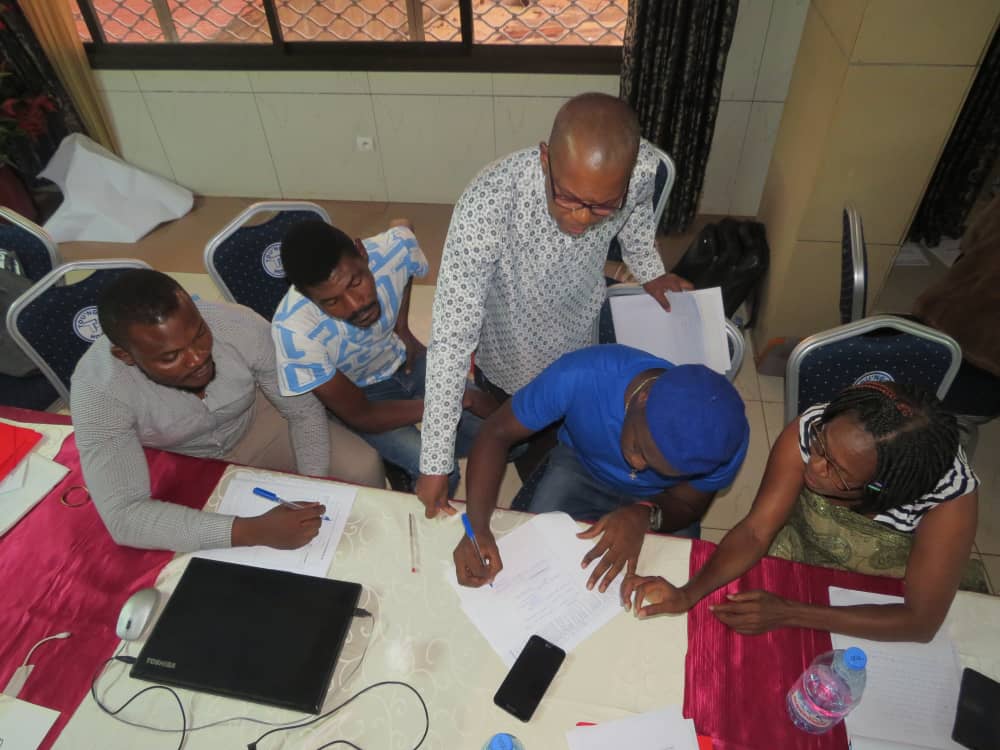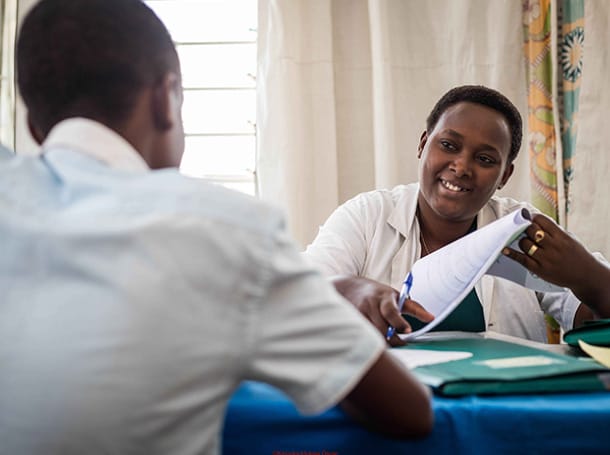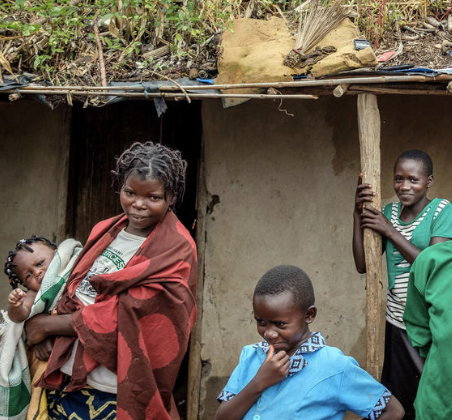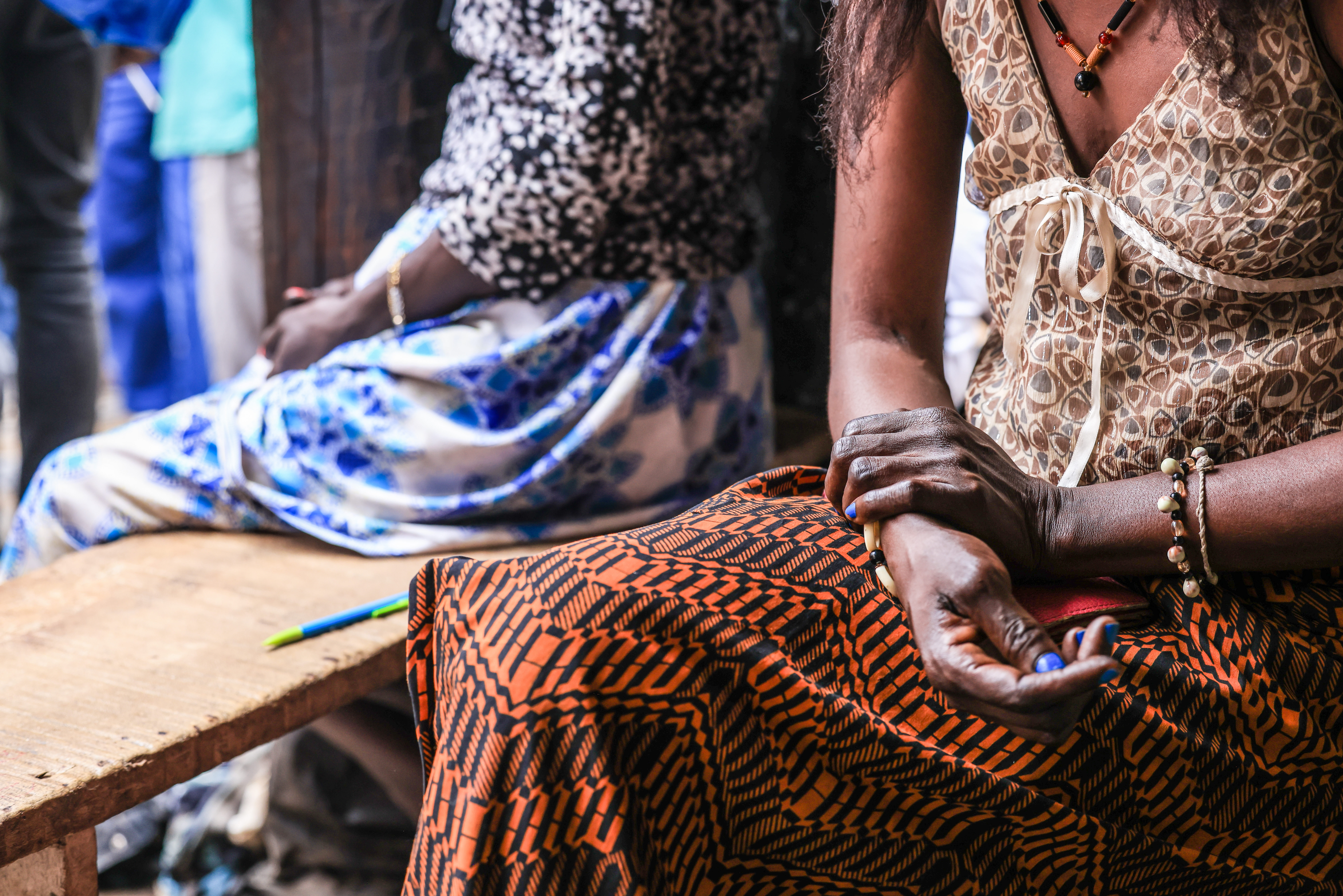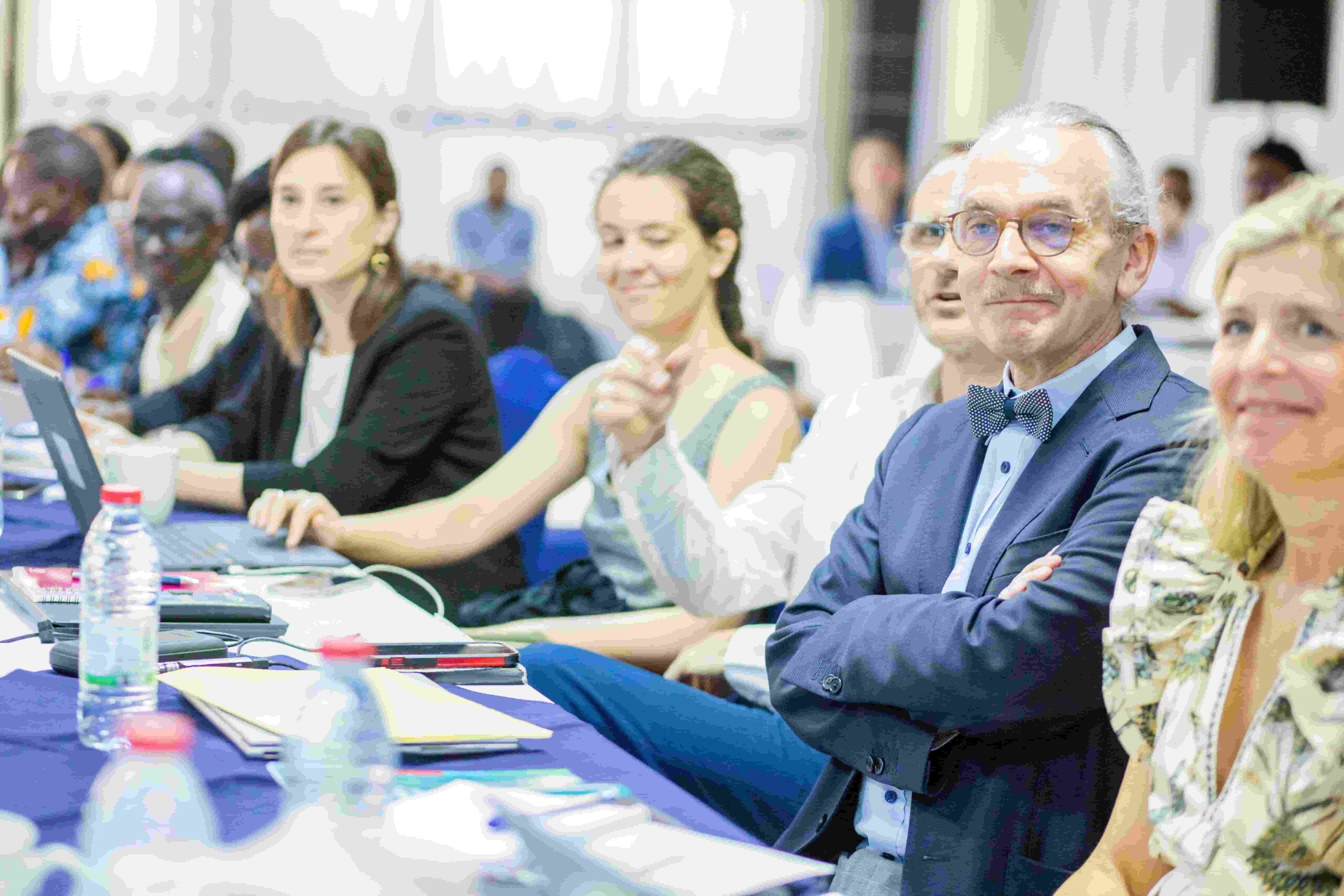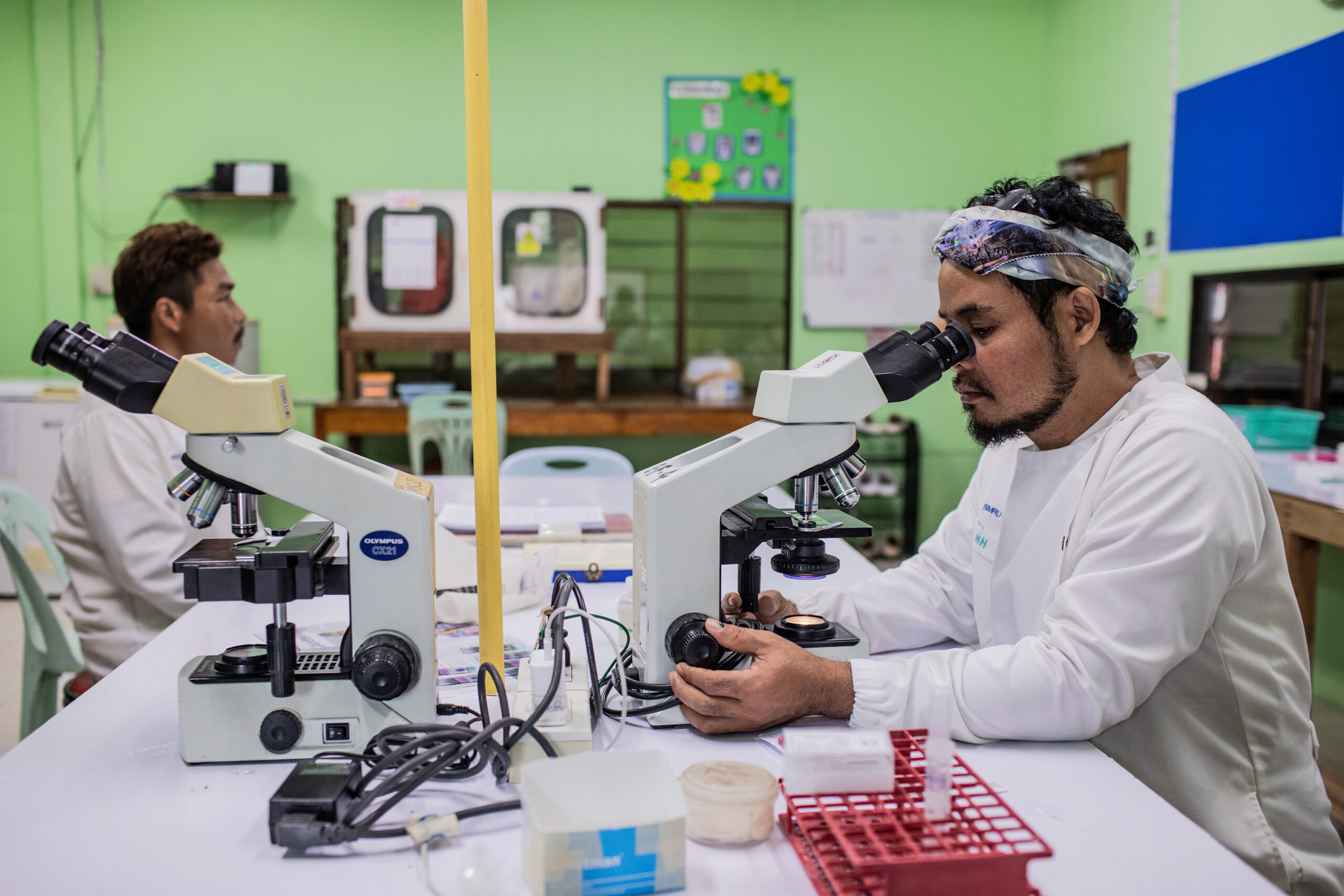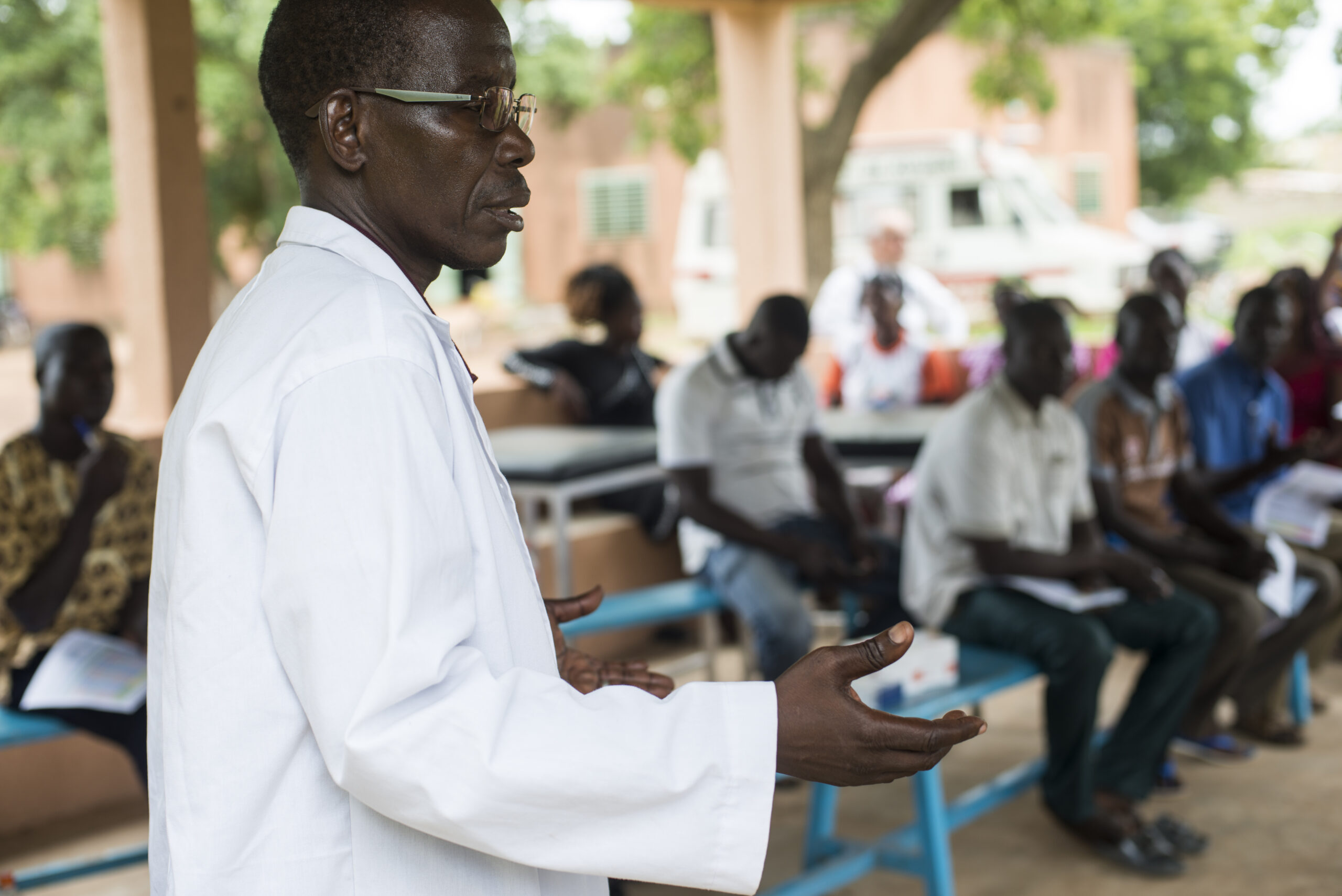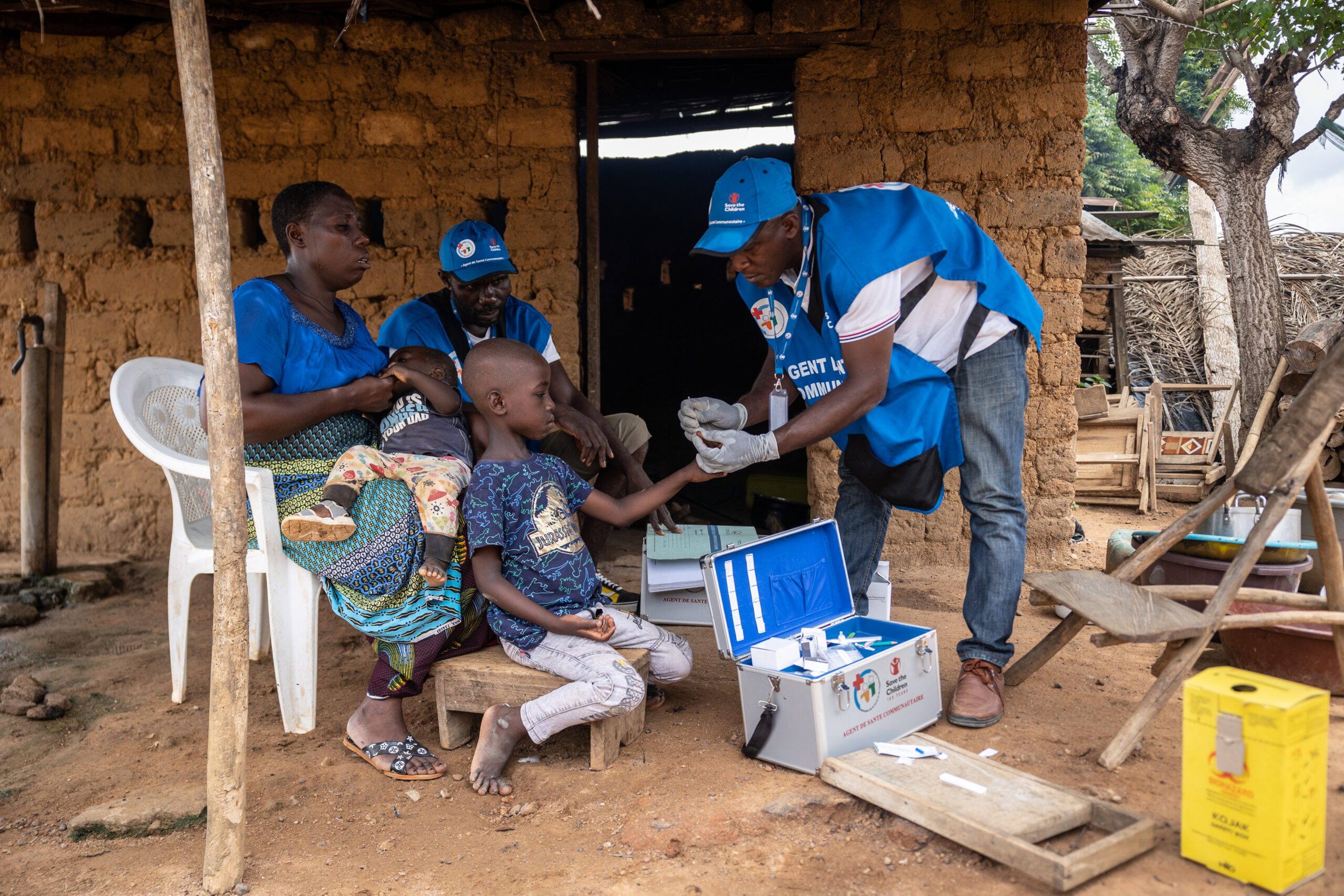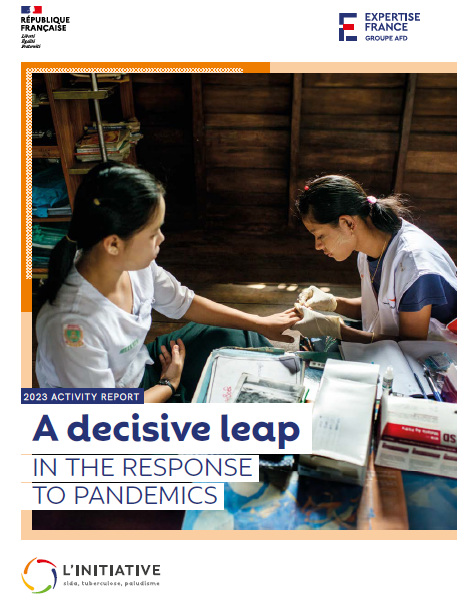Fighting stigmatization
As early as 2016, L’Initiative committed itself to tackling the issue by integrating it into all of its projects related to sexual and reproductive health, especially those targeting adolescents. In 2017, a training session was organized for the local leaders and partners of four projects targeting young girls and adolescents in Africa. The goal was to provide everyone with the technical bases in sexual and reproductive health and to deconstruct representations and stereotypes associated with sexuality.
Learning from the field
What lessons can we learn from our actions in the field? Which good practices should be adopted for better inclusion of sexual and gender minorities? As early as 2018, a first assessment was made, and in late 2020, a quantitative and qualitative study of the projects funded since 2015 was launched to clearly identify what could be improved. This will help strengthen operational guidance for beneficiaries by including this commitment in scoping documents.
With this study, L’Initiative will also fulfill its strategic mission to produce knowledge: the results will emphasize France’s position on sexual and reproductive health and rights, especially with the Generation Equality Forum in June 2021 coming.
Sexual and reproductive health in projects and missions
- 34%
of projects, including 72% on the HIV component
- 10%
of missions concern technical assistance, including 77% on the HIV component
The ‘‘Proximity Project’’: Closest to LGBTI minorities
In Cameroon, LGBTI minorities are particularly affected by HIV. The taboos, prejudice, and violence they experience drive them away from health services. To counter this problem, Alternatives Cameroun implements the “Proximité” project, funded by L’Initiative since 2018. This project’s goal is to teach the staff of ten LGBTI community organizations to deliver HIV and sexually transmitted infections proximity services: testing, implementation of pre-exposure prophylaxis (PrEP), proctology treatments, and others. Since its launch, no fewer than 1,500 proctology consultations have been offered in complete safety. These improvements in medical capabilities are coupled with guidance to better understand gender and to make possible the creation of a security plan to protect LGBTI persons.
